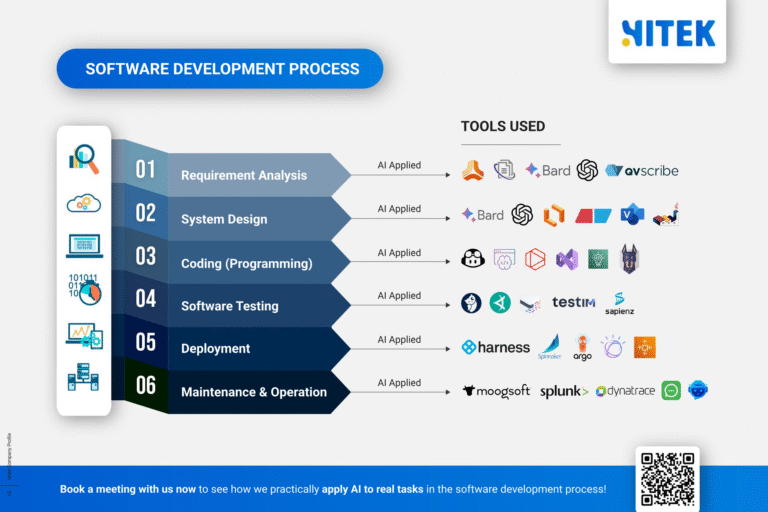In software development, efficiency is everything. Whether you’re deploying updates, tracking changes, or optimizing performance, every byte and line of code matters. That’s where delta comes in—a concept that helps developers streamline workflows, reduce redundancy, and speed up processes. But what exactly does delta mean in this context, and why should Australian developers care?
Contents
ToggleUnderstanding Delta in Software Development
The term delta originates from mathematics, representing the difference between two values. In software development, it retains a similar meaning—referring to the changes made between two versions of a file, dataset, or system. Instead of repeatedly transferring or storing entire files, developers use delta encoding to handle only the modified portions.
Why Delta Matters
- Efficient Updates – Developers can distribute only the changed components (the delta) instead of pushing full software updates, reducing bandwidth and download times.
- Version Control – Tools like Git use delta compression to track modifications between commits, making collaboration smoother.
- Data Synchronization – Cloud-based applications (like Dropbox) leverage delta updates to sync only altered files, improving performance.
How Delta Works in Different Scenarios
1. Delta Updates in Software Deployment
When an app receives an update, it doesn’t always need a complete reinstall. Delta updates apply only the modified code, saving time and resources. For example:
| Update Type | Description | Example Use Case |
|---|---|---|
| Full Update | The entire application is reinstalled | Major version upgrades (e.g., Windows 11) |
| Delta Update | Only changed files are updated | Patch fixes in mobile apps |
This approach is instrumental in Australia, where Internet speeds vary across regions.
2. Delta Encoding in Version Control
Version control systems (VCS) like GitHub and Bitbucket use delta storage to minimize repository size. Instead of duplicating entire files, Git stores the differences between versions, optimizing storage and retrieval.
3. Database Delta Changes
In database management, delta logging tracks modifications (inserts, updates, deletes) rather than rewriting entire tables. This is crucial for real-time analytics and replication.
Benefits of Delta for Australian Developers
- Reduced Bandwidth Usage – Critical in areas with limited internet infrastructure.
- Faster Deployments – Smaller updates mean quicker installations.
- Cost Efficiency – Less data transfer lowers cloud computing expenses.
Challenges and Considerations
While delta-based approaches are powerful, they aren’t flawless:
- Complex Merge Conflicts – Resolving deltas can get tricky if multiple changes overlap.
- Dependency Risks – Missing a delta update might break functionality.
Final Thoughts
Delta isn’t just a technical term—it’s a game-changer for optimizing software development. Whether you’re working on a Sydney-based startup or a Melbourne enterprise project, leveraging delta updates and encoding can drastically improve efficiency.
Want to implement delta updates in your workflow? Explore tools like Git for version control or rsync for efficient file synchronization.
Key Takeaways
✅ Delta = The difference between two states in software.
✅ Used in updates, version control, and databases to save time and bandwidth.
✅ Especially useful in Australia, where internet speeds vary.
By mastering delta techniques, developers can build faster, more efficient systems—keeping projects lean and agile.
Have you used delta encoding in your projects? Share your experience below!









